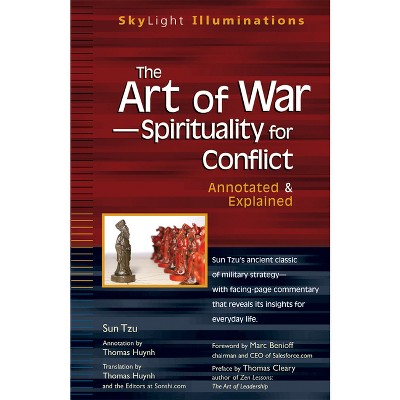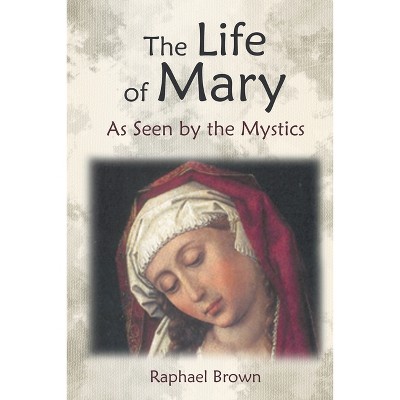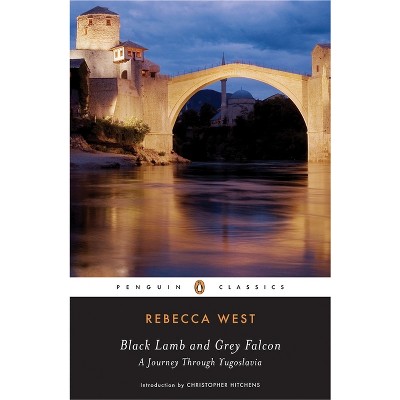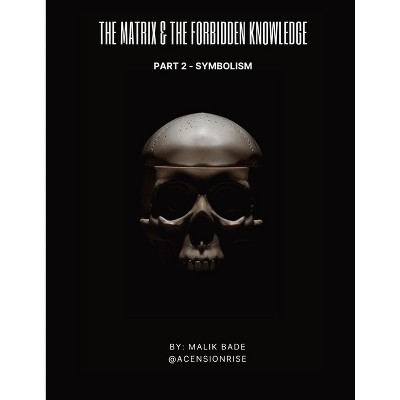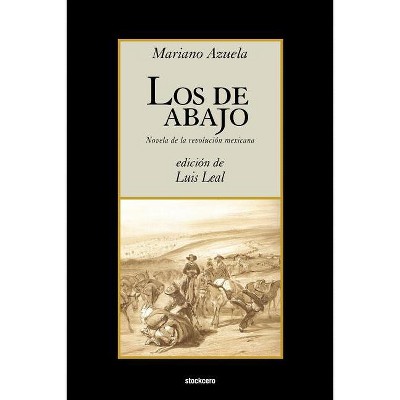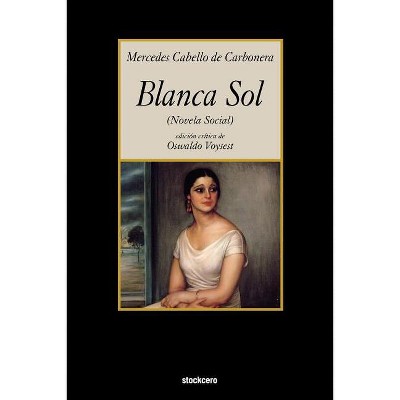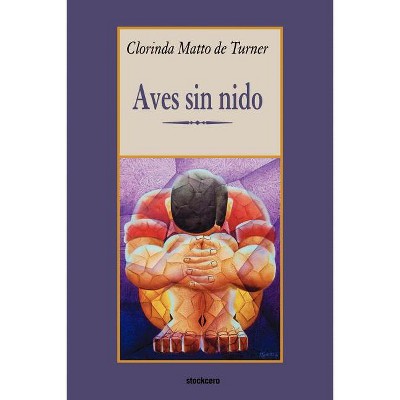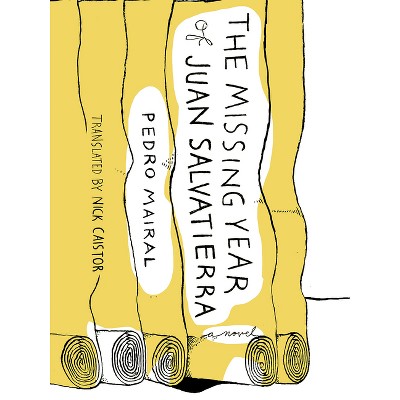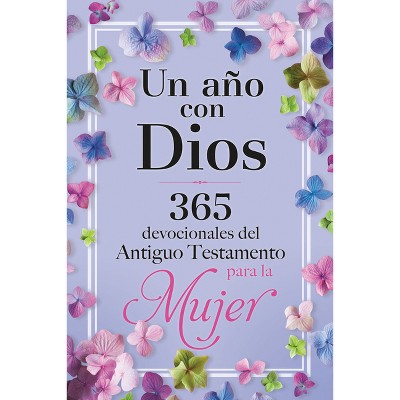Sponsored

El Año del Desierto - Annotated by Pedro Mairal (Paperback)
In Stock
Sponsored
About this item
Highlights
- El año del desierto is the story of a year in the life of Maria Valdes Neylan, narrated by herself, from somewhere in Ireland or England.
- Author(s): Pedro Mairal
- 338 Pages
- Literary Criticism, Caribbean & Latin American
Description
About the Book
"El aäno del desierto es la historia de un aäno en la vida de Marâia Valdâes Neylan, contado por ella misma desde algâun lugar de Irlanda o Inglaterra. La novela narra la disoluciâon -- literal -- de una ciudad (Buenos Aires), de una naciâon (Argentina), y de una trama vital (la de Marâia). El agente de esta disoluciâon es la Intemperie. Pero Åquâe es la Intemperie? La novela no provee una definiciâon. No sabemos si es un fenâomeno natural o sobrenatural, una fuerza neutra o el instrumento de un designio maligno. Nadie atestigua el accionar de la Intemperie. Sâolo se constatan sus efectos: la gradual degradaciâon y desapariciâon de los edificios, de las calles, de todo rastro de habitaciâon y trabajo humanos, remplazados por una naturaleza fuera de cauce. Por la Intemperie, la ciudad va desvaneciâendose y el desierto va reconquistando lo que fuera desde siempre suyo."--Page 4 of cover.Book Synopsis
El año del desierto is the story of a year in the life of Maria Valdes Neylan, narrated by herself, from somewhere in Ireland or England. The novel narrates the (literal) dissolution of a city (Buenos Aires), of a nation (Argentina) and of a life story (that of María). The agent of this dissolution is the Wilderness (la intemperie). But, what is the Wilderness? The novel does not provide any definition or clarification regarding its nature. We do not know if it's a natural or supernatural phenomenon. We do not know if it's a sentient phenomenon, an instrument animated by an evil design or just an impersonal force. Furthermore, nobody witnesses the Wilderness in action. Only its effects are recorded: the gradual (but fast-paced) degradation and disappearance of buildings, streets, of all trace of human work or habitation, and its replacement by a nature (certainly not Mother Nature) out of control. Because of the Wilderness, the city disappears and the Desert reclaims what always belonged to it. This novel by Pedro Mairal (Buenos Aires, 1970) is a brilliant tour de force. On the one hand, it captures the Zeitgeist of post-2001, pre-Kirchner Argentina. But, as happens in Kafka's fictions (or in any work of literature worthy of that name) Mairal takes the allegory well beyond the mere document of the present. In these pages the reader will find a story that is simultaneously familiar and infinitely strange, the sights and sounds of Buenos Aires' everyday life, but also the peculiar taste of a nightmare. The novel is also a sui generis archive of Argentina's historical, cultural and literary experience (its events and characters, as well as its founding tropes and obsessions are all there). Susan Hallstead and Juan Pablo Dabove have exhaustively annotated the novel to allow the reader access to the myriad allusions and meanings embedded in the novel. However, in spite of Mairal's totalizing ambition, El año del desierto never ceases to be a highly legible novel, with a capacity to move us with the vicissitudes of María's individual destiny. The introduction (also by Hallstead and Dabove) locates Mairal in his historical and literary context, and gives numerous clues for a complete understanding (and enjoyment) of this novel, one of the best in recent Argentine narrative.
Shipping details
Return details
Frequently bought together
Guests also viewed




